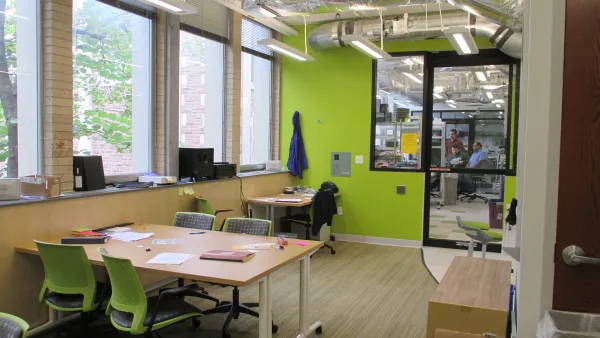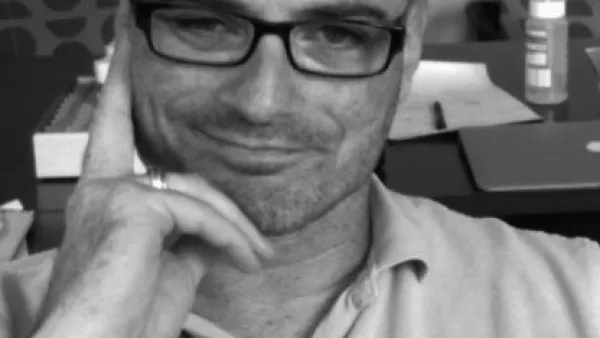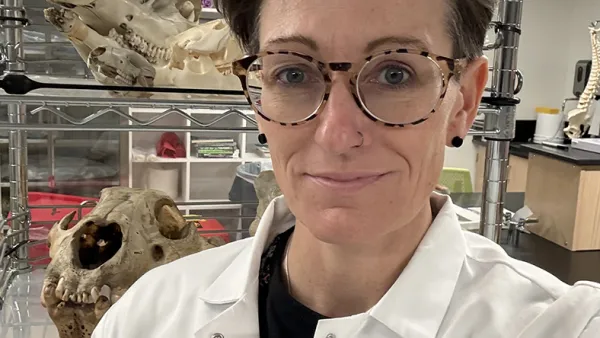My name is Kristen Reikersdorfer, and I’m a senior, soon to graduate with a major in Biology, concentrated in Neuroscience.

Paramount to this investigation are robust, long-term electrophysiological recordings, which allow us to study the same subset of neurons over many months.
My primary involvement in the lab has been the development and refinement of these recording technologies. In particular, I have developed an approachable method for producing carbon fiber micro-electrodes (CFMEs), whose biocompatibility enables them to avoid the brain’s immune response. This process, gliosis, typically causes cell death and electrode interference, limiting the longevity of a chronic recording. With the ability to record from the same neurons for long periods of time, one has the opportunity to study dynamics and encoding on ethologically relevant timescales. This unique set of tools enables us to examine how network dynamics change through disease progression, development, and learning. Since developing these tools, I have begun to deploy CFMEs to study response variation in visual cortical neurons in freely behaving animals.
My time in the Hengen Lab has fundamentally shaped who I am as a student and scientist. My peers and mentors have fostered my drive for scientific inquiry and pushed me to understand how to learn and ask important questions. The opportunity to conduct independent research has enabled me to think critically about experimental design, driven me to continuously learn new skills, and brought me into an active role as a member of the scientific community. This was made possible only due to the invaluable support, trust, and guidance that I have received from my mentors, particularly Dr. Hengen. I am eternally grateful for my time with Bio500 and the growth that I experienced academically, professionally, and personally.




